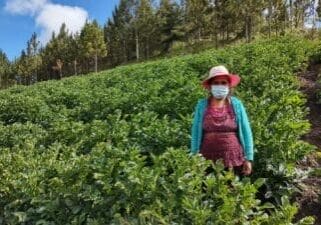News > Blog
Strengthening Mental Health and Psychosocial Support Systems in Sri Lankan Schools
Published 12/12/2023 by Global Communities
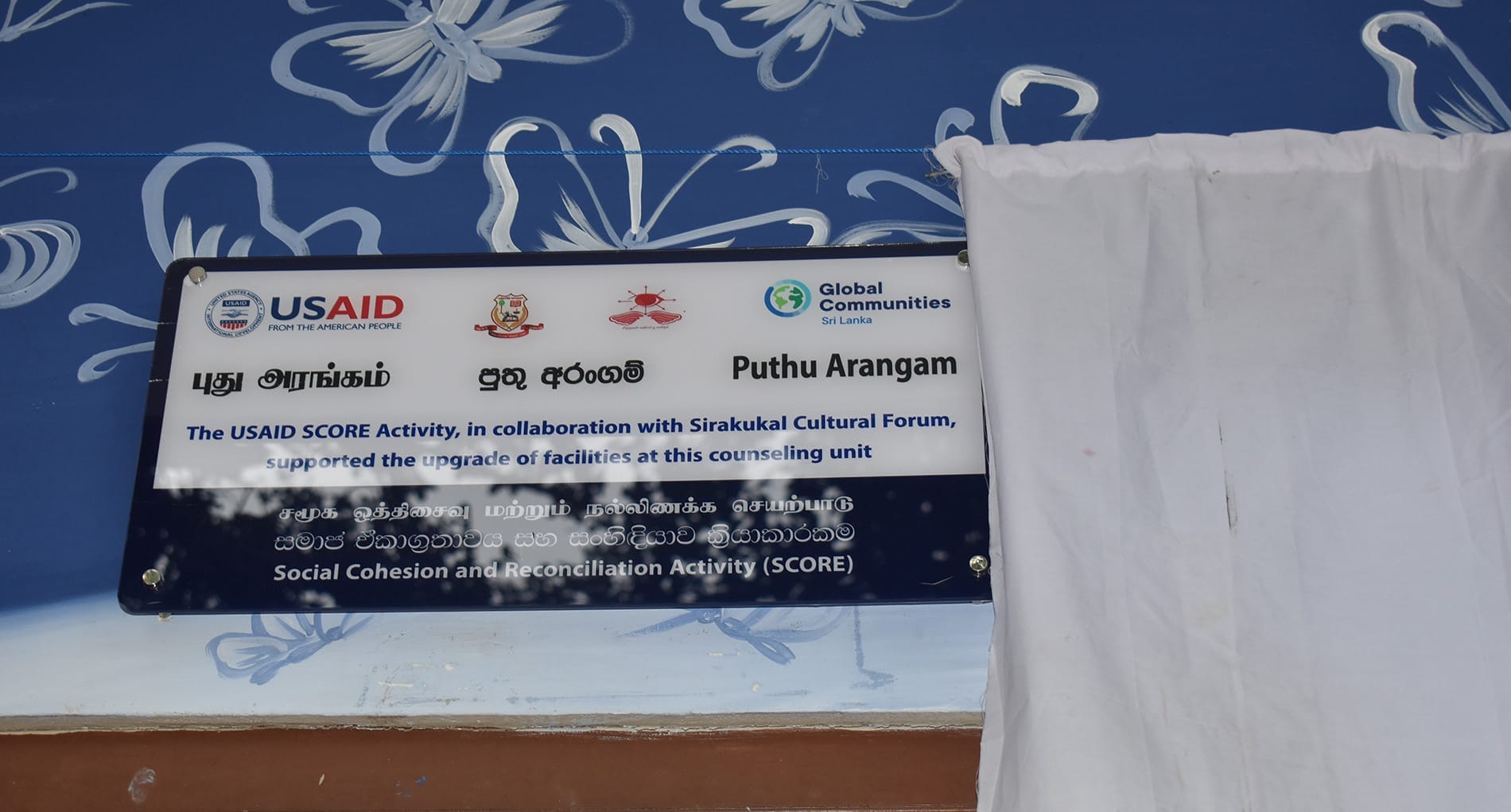
The COVID-19 pandemic and Sri Lanka’s economic crisis have placed already vulnerable and marginalized communities at further risk with challenges to livelihoods, food security and social protections. Increased stressors and the resulting strain on available support services and resources such as mental health and psychosocial support (MHPSS) have contributed to documented increases in sexual and gender-based violence (SGBV), alcoholism and drug abuse.
In this context, the United States Agency for International Development (USAID)-funded Social Cohesion and Reconciliation (SCORE) program is supporting community, non-governmental and governmental stakeholders across 14 districts to enhance community resilience through MHPSS, improved service delivery, equalized gender dynamics and safe spaces for support, healing and conversation.
Interventions have included introducing an internship for Psychology Department students and equipping a counseling room at the University of Jaffna as well as establishing a pool of 139 volunteer psychosocial workers with the Foundation for Promotion of Mental Health in Ampara District. Additionally, SCORE has facilitated befriender trainings for youth, parents and community members with Family Rehabilitation Council (FRC) across the Northern Province, Butterfly Peace Garden in Batticaloa and Trincomalee Districts, and Navajeevana in the Southern Province. Befriender trainings support linkages between the community and professional psychological support systems. These varied interventions reflect SCORE’s broad approach to meeting specific contextual needs with the aim of wider impact in Sri Lanka.
To support MHPSS within the education sector, SCORE – in partnership with FRC and Sirakkukal Cultural Forum – is establishing counseling units at five schools in five districts (Jaffna, Kilinochchi, Vavuniya, Mullaitivu and Anuradhapura). The school-based counseling units are a pivotal step towards supporting government-led efforts to improve mental health services, support and well-being within the education sector, particularly in contexts of vulnerable communities and individuals with continuing trauma and psychosocial stressors. They also provide spaces to raise awareness about and challenges to SGBV among students and offer support and safeguards to children at risk as well as child survivors of abuse and SGBV.
The counseling unit plays a crucial role in handling students’ psychosocial issues. … It will prevent further trauma and protect children.
Ratnam Sivakumaran, School Counselor, Puthukkudiyiruppu Central College
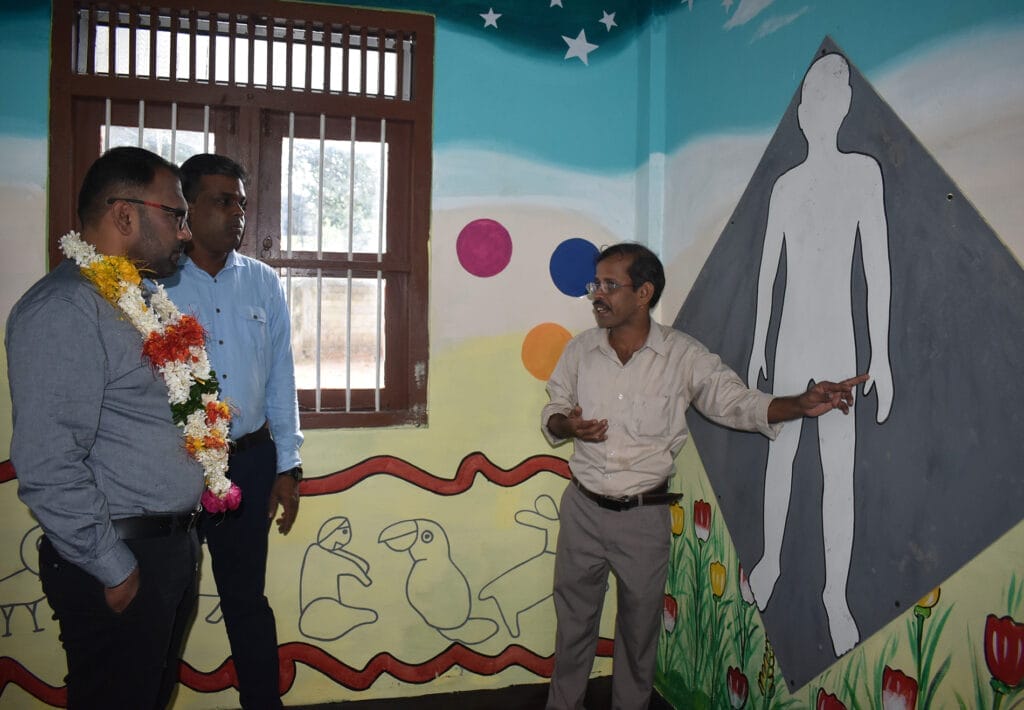
In Mullaitivu, the site of the final stages of Sri Lanka’s armed conflict, communities struggle with unaddressed post-conflict trauma and psychosocial issues while being increasingly challenged by poverty and economic stressors. A rise in social issues such as alcoholism, drug abuse and SGBV has led to safety and health concerns. With unresolved trauma related to the protracted conflict, additional MHPPS services are essential to building individual and community resilience.
Puthukkudiyiruppu in Mullaitivu is a particularly vulnerable community due to the continuing impact of large-scale infrastructure damage and loss of resources and support structures during the armed conflict. On Nov. 30, in support of the global 16 Days of Activism against Gender-Based Violence campaign, the first of these SCORE-equipped school counseling units was declared open at Puthukkudiyiruppu Central College. For students and staff at the school, which is one of the largest in the Mullaitivu Education Zone, the counseling unit is a much-needed place of support, safety and healing.
“The counseling unit plays a crucial role in handling students’ psychosocial issues,” said Ratnam Sivakumaran, the school’s counselor who received training through SCORE grantee FRC and supports a student body of over 1,500 students aged 11 to 18 years old. “It will prevent further trauma and protect children. If the students have mental health issues, they will get support from the counselor and feel relieved.”
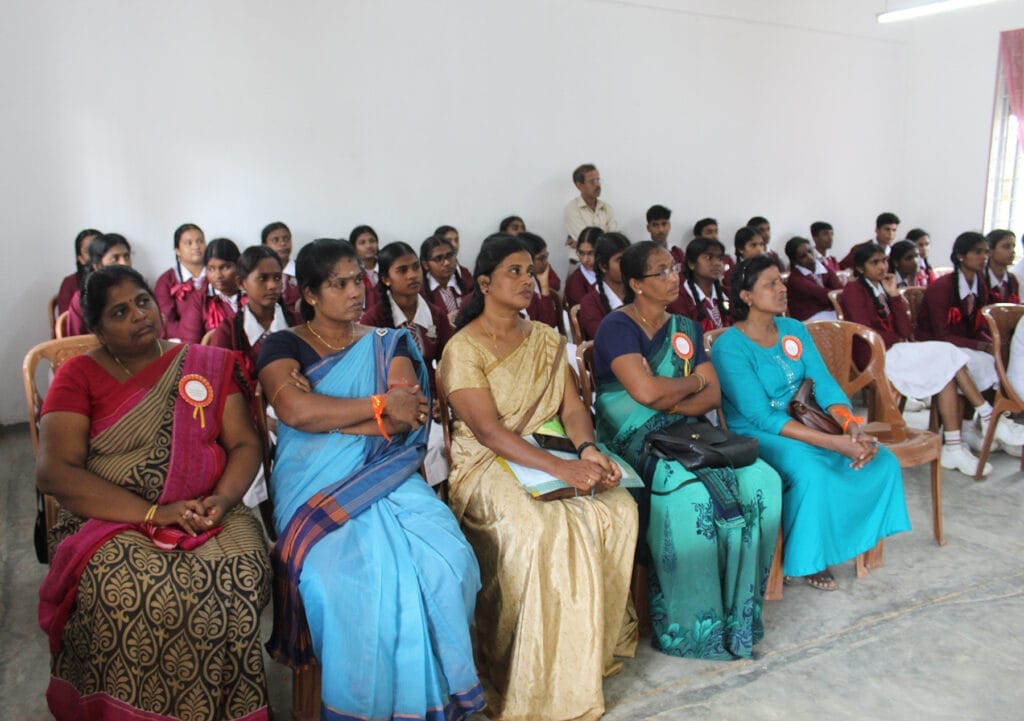
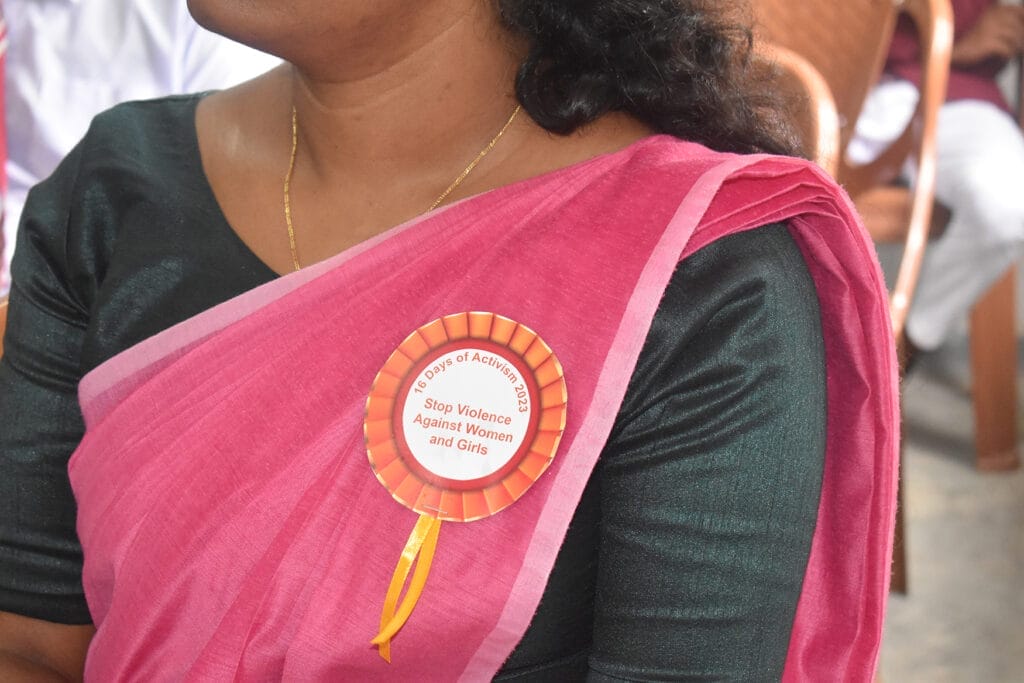
Previously, only the school counselor identified children in need of support. After SCORE grantee Sirakkukal Cultural Forum facilitated a workshop on gender equality and SGBV for selected schoolteachers at Puthukkudiyiruppu, there is now an expanded resource pool that can identify more students facing issues and proactively direct them for support. Teachers present at the counseling unit opening ceremony welcomed this move and appreciated the additional support that is now available for students.
Sadhishkumar Vijayanthi, a Women Development Officer, noted that many women in Mullaitivu must work to maintain their families, which impacts the support structure within households. Over 22% of the district’s population is comprised of women-headed households. There are also incidents of child marriage, teenage pregnancies and unregistered marriages with little social and legal protections in place to dissolve such unions. SCORE-supported school counseling units will provide a safe space for children and teachers to talk freely and openly and explore ways to help.
“When we started to work with the school, students had more psychosocial problems and thereafter, they got awareness about counseling and guidance at this unit,” Vijayanthi said. “The number of issues has reduced, as seen in the database maintained by the school.”
The counseling unit will also lead MHPSS activities for students, expanding support beyond identified cases and broadening awareness of SGBV among male students at the school. For sustainability and accountability, a committee is also in place to monitor and steer activities of the unit moving forward. Members include representatives from Sirakkukal Cultural Forum, parents, former students, the Women Development Officer, psychiatric doctors from the Mullaitivu District Hospital Mental Health Unit, Public Health Inspector, midwife and counselor at the DS Office.
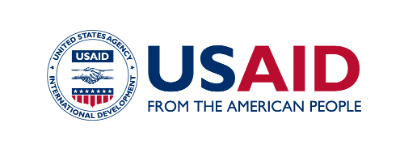
This success story is made possible by the generous support of the American people through the United States Agency for International Development (USAID). The contents are the responsibility of Global Communities and do not necessarily reflect the views of USAID or the United States Government.






